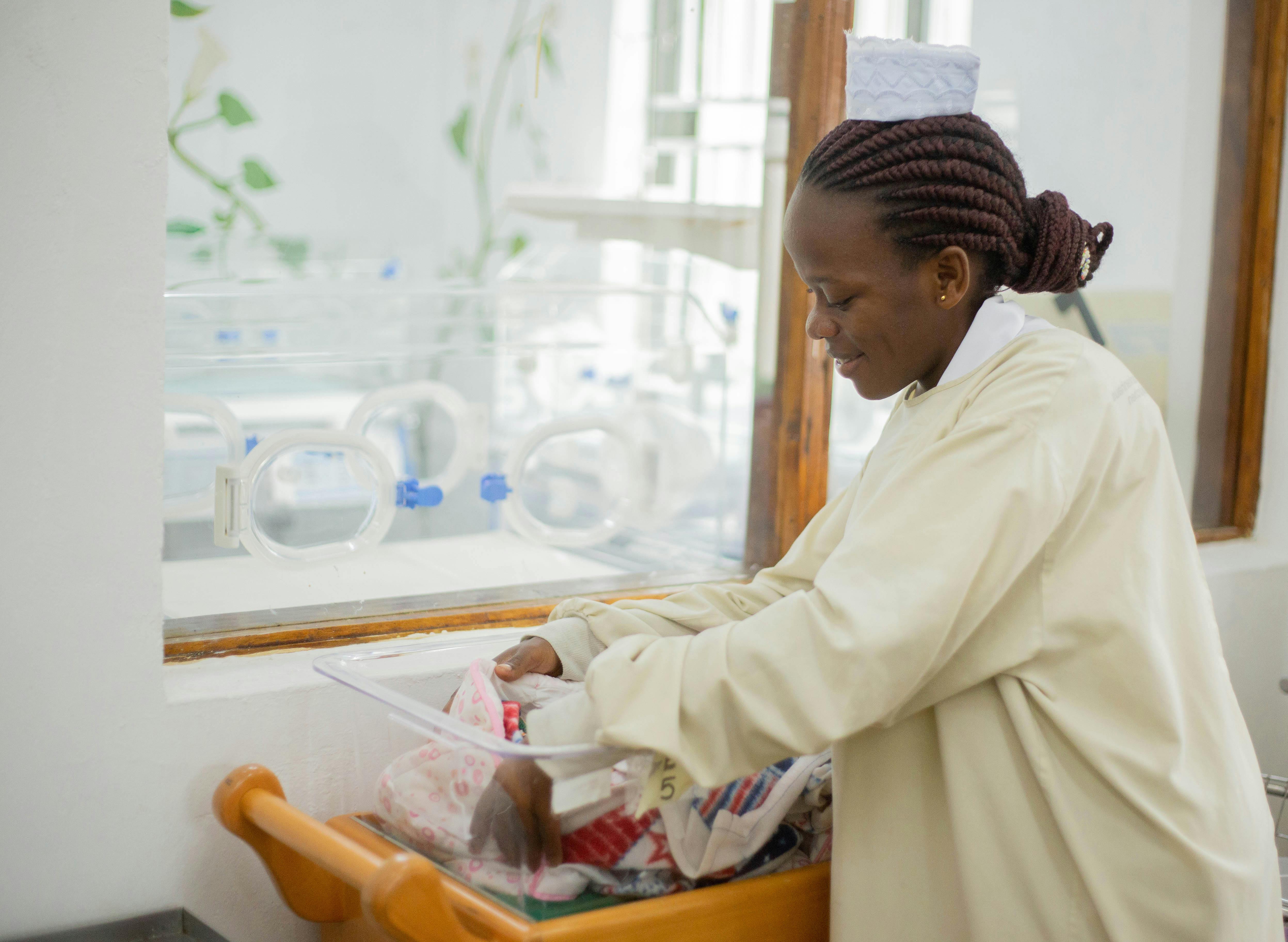Midwife vs Doula in Canada: What’s the Difference & How They Can Work Together







By: Nicki Reid, Bilingual BA
What is a Midwife?
A midwife is a regulated health professional who offersexpert primary,comprehensive, and evidence based care to women and their babies during their pregnancy, delivery, and for the first six weeks postpartum.
Why Choose a Midwife?
Midwives practice in diverse environments such as in the community, homes, hospitals, birthing centres, clinics, and health units. They advocate for informed choice as they encourage you to fully participate in the planning of your own care and that of your newborn. During your visits you can expect to have enough time to have your questions answered and meaningful discussion. Midwives also believe in collaboration, in practice this looks like partnering with you during your pregnancy to support you in a compassionate way that honours and respects your unique needs and experiences. Another advantage of working with a midwife is that as they often work in either pairs or small teams, there will most likely be a midwife that’ll be available to you as they’re on call 24 hours a day, 7 days a week, and 365 days a year. An added benefit of this working arrangement is that you’ll be able to meet the other midwives thereby eliminating the uneasiness of working with a midwife you’re unfamiliar with.
Who Qualifies to Have a Midwife?
It is worthwhile to note that you can work with either a midwife or a doctor, but not both. To help you decide which one may be a better fit, take into consideration that midwives are experts in low-risk pregnancy and birth. Midwifery clients will only see a physician if there are complications or concerns; and at that point will be transferred to the doctor’s care if deemed necessary. The midwife will continue to work with their client alongside the doctor until they’re able to resume primary care.
How Much Does a Midwife Cost?
The fees for midwives vary across the country, so it’s best to check with your province / territory to learn more about their rates. For instance, in Ontario, midwives are government funded, so their services are covered entirely by the Ministry of Health and therefore are of no cost to you.
How To Find a Midwife?
Firstly, it is strongly suggested to get in touch with a midwife as soon as you know you’re pregnant. Secondly, a good starting point in finding a midwife is asking around within your network for a referral; starting with your primary care physician, friends, family, etc. You can also call your local hospital to ask which midwives have privileges there. In addition, visit Mino Care for help in finding a midwife here. The Canadian Association of Midwives is another resource available to you for further information.
What is a Doula?
A doula is a trained professional who provides continuous physical, emotional and informational support to their client before, during and shortly after childbirth to help them achieve the healthiest, most satisfying experience possible. A key distinction is that unlike midwives, doulas are not medically trained professionals, therefore they can’t do things like deliver babies or provide medical advice or medical care. So regardless of if you’re having a pregnancy that’s deemed normal, low-risk, or high-risk; you can work with a doula. They support their clients by providing them with the education they need to make informed choices as well as giving them physical and emotional support, and advocating for them throughout the various stages of their pregnancy, delivery, and postpartum.
Why Choose a Doula?
Doulas help you prepare for the arrival of your baby by equipping you with breathing and other relaxation techniques, educating you regarding the birthing process, answer any questions you may have, and help you develop a birth plan. During labour, some ways your labour or birth doula can support you are through a relaxing massage, helping you into comfortable positions and communicating your preferences to the medical staff. In the postpartum phase, your postpartum doula will teach you and your partner / family how to take care of and feed your newborn as well as provide relief via helping with household duties. If during your pregnancy you’re put on bedrest, antepartum doulas support you by helping with household tasks and / or childcare. Furthermore, research has shown that having a doula improves the outcomes for both the mother and the baby. During a vulnerable time, doulas can help prevent or address medical system racism and racial bias for Black and other people of color. They also provide tailored and culturally sensitive care.
How To Find a Doula
Similarly to finding a midwife, ask for referrals from within your network. Additionally, search for doulas nearby. For instance, if you’re in Ontario and search for “Ontario doula”, you’ll find Ontario Doulas and Ontario Black Doula Society. DONA International also has a directory you can visit here. Mino Care also offers doula support which can be accessed through their website. As doulas book up quickly, you should seek one as early as possible.
How Much Does a Doula Cost?
The cost of a doula differs across the country, but you can expect to spend approximately $600-$1000. This includes 2 prenatal visits, attendance at your labour and delivery, and a postpartum visit. If applicable, check with your insurance company to confirm coverage.
Choosing a midwife, doula, or both will depend on a few different factors; such as the health status of you and your unborn baby, as well as what you feel comfortable with, and what is best for your unique situation. I encourage you to do your research, ask questions, and make choices that best support you and your family.
As always, take deep care, be informed, live empowered, and stay well mama.
Nicki Reid, Bilingual BA
Certified Transformational Health and Life Coach | Certified Yoga and Meditation Teacher | Certified Emotional Emancipation Facilitator | Certified Reiki Practitioner | Founder, Wholesome Mind Health Coaching